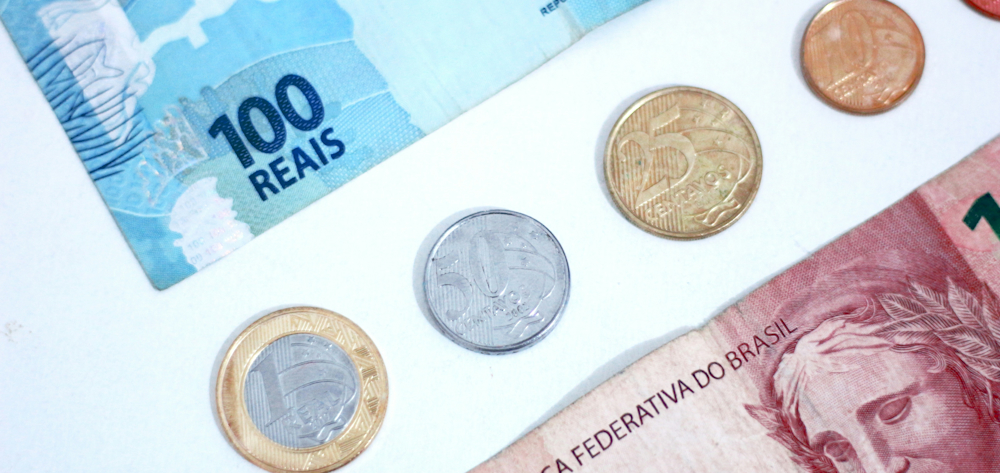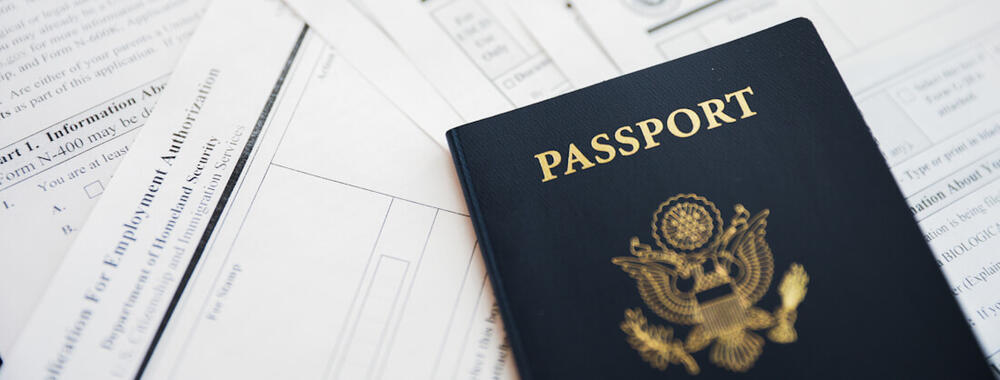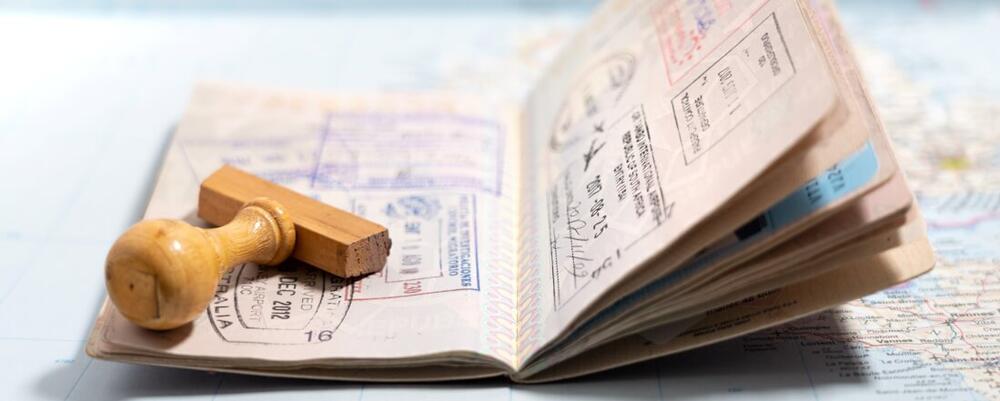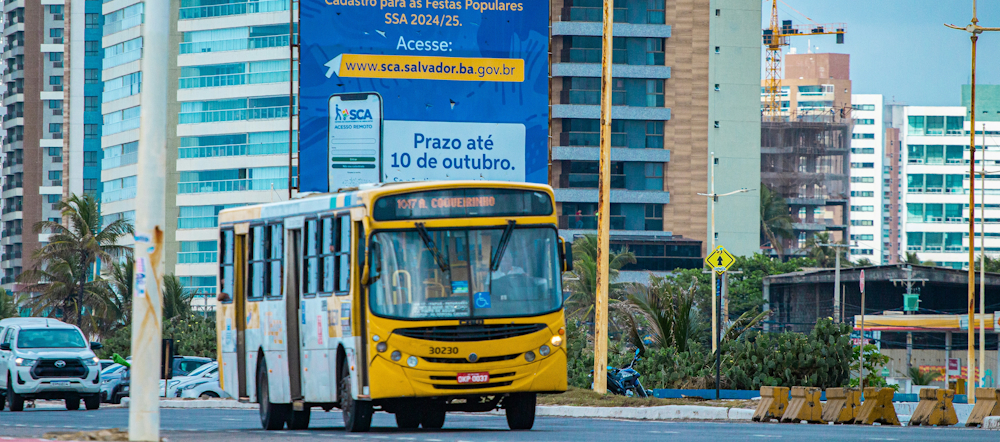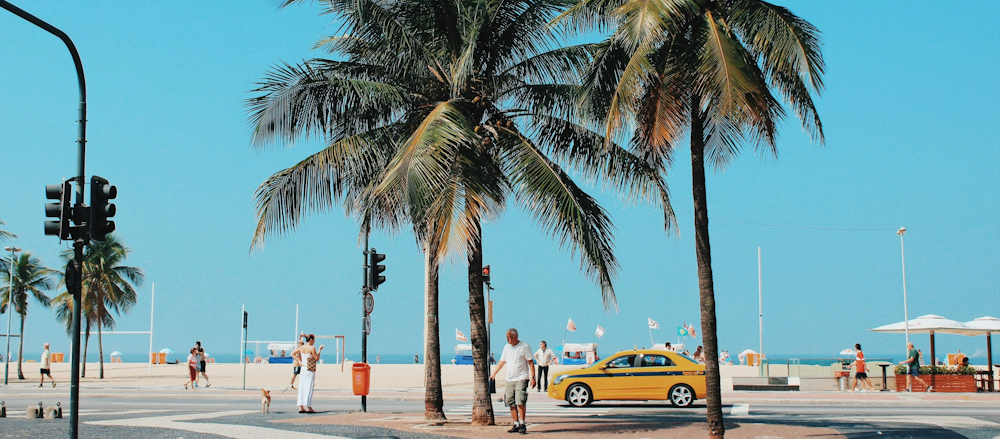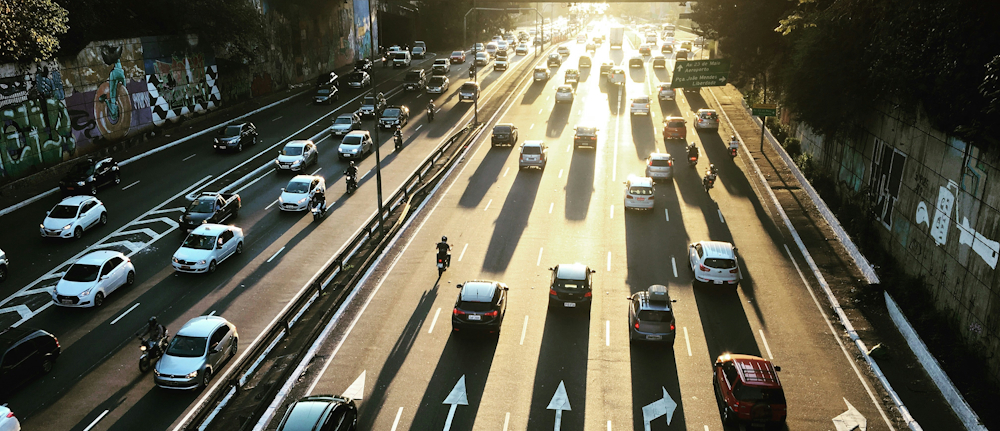With exotic rainforests and picturesque beaches, world-class football teams and a welcoming population, Brazil continues to attract expats the world over. Brazil boasts one of the world’s most ethnically diverse populations and is home to many nationalities.
Below is some useful information about diversity and inclusion in Brazil.
Accessibility in Brazil
As is the case with many developing countries, Brazil has a long way to go in terms of expanding its accessibility infrastructure. Still, the country is striving to make progress.
According to the 2022 Census, more than 14 million people in Brazil live with disabilities. In 1988, Brazil’s Constitution was amended to guarantee the rights of people living with disabilities. The government also passed the Disabled Persons Inclusion Act in 2015, which stated that a certain percentage of homes built with government resources and public spaces, such as hotels, must have accessibility accommodations.
Public transport accessibility is largely inadequate, even in the country’s major cities, but the government is making some improvements. There are some accessible subways and buses in São Paulo, and Rio de Janeiro has both visual and motor accessibility resources in the form of subway and bus lifts, as well as tactile floors for visually impaired passengers. Some of the museums and beaches in Rio de Janeiro are equipped with ramps.
The rural areas of Brazil, particularly in the Amazon Basin, are largely inaccessible.
Useful resources
LGBTQ+ in Brazil
Brazil is known for having some of the best LGBTQ+ legal protections in the world. Same-sex marriage and adoption have been legal for more than a decade, and conversion therapy is banned in the country. Brazil’s LGBTQ+ community represents an estimated 5 percent of the population. That said, Brazil has a high level of conservatism and fundamentalist religiosity, and social acceptance of people who identify as LGBTQ+ in the country lags far behind its legal protections.
For nearly two decades, Brazil has been the world’s deadliest country for transgender individuals. Brazil accounts for 30 percent of all transgender murders globally. A 2021 report by the Brazilian Institute of Transmasculinities (IBRAT), the UN Race and Equality Institute and Trans Magazine found that almost 86 percent of respondents felt that the public system harboured transphobic attitudes towards them.
While progress in the acceptance of LGBTQ+ people may be slow, things are gradually changing. In October 2022, Brazil elected its first two transgender women to its National Congress, and political participation has surged in the community, with more than 3,000 openly LGBTQ+ candidates running for office in 2024.
As an absolutely enormous country, Brazil has a varied population with diverse attitudes towards LGBTQ+ people. For LGBTQ+ expats moving inland and to small towns, avoid public displays of affection until you’ve gotten a lay of the land, as this may lead to some unwanted attention from locals. Still, the east coast of the country boasts a lively LGBT+ social scene, and São Paulo and Rio de Janeiro host annual pride celebrations and have many LGBT-friendly spots sprinkled throughout the cities.
Useful resources
Gender equality in Brazil
Brazilian women gained universal suffrage in 1934, and equality between women and men was enshrined in Brazil’s Constitution in 1988. According to UN Women, almost 90 percent of women of reproductive age in Brazil have access to family planning services. The country also has protections for violence against women.
Brazil ranked 78th out of 144 countries evaluated in the 2022 Equal Measures 2030 (EM2030) SDG Gender Index, putting the country in the bottom half for gender equality worldwide. Additionally, Brazil has the fifth-highest number of child marriages in the world. Teenage pregnancy is rife, and this affects the employment of women, as many of them have to bear childcare and housework duties.
In the workplace, things are not much better for Brazilian women. The country has one of the highest gender pay gaps in the world at 21 percent according to recent data, and this widens to 32 percent in sectors such as health, education, and social services. Many women also face the threat of sexual harassment and assault at work.
Expectant mothers who have been employed for three months or longer are entitled to four months of maternity leave, which can be extended to six months if fully paid by the employer, and this can be extended by two weeks on doctor’s orders. Fathers are permitted seven paid days of parental leave following the birth of a child. This means much of the child-rearing responsibility falls to women.
Be that as it may, Brazil’s current administration is working towards addressing gender disparities in the country. The newly elected president has re-established the Ministry of Women following its dissolution in the previous administration. New laws now mandate annual workplace training to prevent sexual harassment, equal salaries for men and women in equal positions, and pay transparency reports for companies with more than 100 employees.
Useful resources
Women in leadership in Brazil
Brazil may have been one of the few Latin American countries to have elected a female president, but the general representation of women in leadership positions in Brazil is lacking. As of the 2022 national elections, women represent only 18 percent of Brazil’s Congress.
According to the Brazilian Institute of Corporate Governance’s (IBGC) 2022 study, women held 15 percent of board and executive positions in Brazil’s listed companies. Of the companies surveyed, 18 percent had no women listed on their board of directors.
Although Brazil currently has no mandates or legislation to increase the representation of women in board leadership positions, electoral law states that a minimum of 30 percent of candidates should be women for the lower house and sub-national levels.
Useful resources
Mental health awareness in Brazil
Owing to the unfamiliarity and loneliness that can sometimes come with moving to a new country, expats are at a higher risk than the general population for mental health disorders like depression and anxiety.
Current data shows Brazil ranks 5th globally for depression prevalence. Expats moving to Brazil should ensure they're familiar with local mental healthcare services.
One of the contributing factors to the country’s dire mental health situation is the fact that there is a stigma against seeking help for mental health disorders. Brazilians value seeking medical treatment for physical ailments rather than mental health issues.
Workplaces in the country also reward overwork, particularly in major metropolises such as São Paulo, where competition for jobs is fierce. This can often lead to isolation and burnout.
The Brazilian government has made strides in improving access to mental health services. In the late 1990s, Brazil set out to reform its mental healthcare from a centralised psychiatric system to community-based services that allow patients to engage in therapeutic workshops, family assistance programmes, and sports activities.
There are also non-profit and federal organisations like the Centre for Valuing Life (CVV) that offer resources for those in crisis and those needing general mental health resources.
Useful resources
Unconscious bias training in Brazil
Stoked in part by the former far-right president, racial tensions in Brazil are high, and black Brazilians still struggle against issues created by colonial-era discrimination.
Brazil is home to the largest population of black people outside of Africa, yet Afro-Brazilians occupy only 26 percent of the seats in the Chamber of Deputies. Afro-Brazilians also earn 76 percent less than white Brazilians, as found by a 2021 study by the Brazilian Institute of Geography and Statistics.
The concept of unconscious bias is an implicit set of social stereotypes that an individual carries about groups of people different to themselves. These stereotypes are not purposefully adopted but rather develop subtly over time, and people tend to hold these unconscious biases about groups they never or rarely come into contact with.
Some companies, especially multinational corporations, have started offering unconscious bias training to assist their employees with recognising and ultimately overcoming their biases. There are also online resources that can be used to improve recognition of unconscious bias in themselves and others.
Useful resources
Diversification in the workplace in Brazil
Brazilian society is one of the most diverse in the world, with strong indigenous roots tied together by African and Portuguese traditions. From the Copacabana and Ipanema beaches to the Amazon Basin, Brazil is a country with striking natural landscapes that have served to attract many an expat, with 1.3 million calling the country home.
The workplace in Brazil is highly diversified, and many local as well as multinational companies employ people of many nationalities. Brazilians are generally receptive and welcoming of expats, but non-white foreigners and those from African countries may experience some discrimination.
While systemic racism and exclusion are still widespread in Brazil, some companies in the country are beginning to prioritise diversity. More than 90 companies signed an open letter addressed to the 2022 presidential candidates to advocate for including LGBTQ+ individuals in the workplace. The new president has also signed several affirmative action decrees to increase the representation of marginalised groups in Congress and universities, as well as companies.
Safety in Brazil
The 2024 Global Peace Index ranked Brazil 131st out of 163 countries, showing a slight improvement from previous years. If you’re moving to Brazil, you’ll still need to be cautious and keep your valuables out of sight. Pickpocketing, muggings, robberies, and kidnappings are common.
As a country with extreme levels of income inequality, Brazil has historically faced significant crime challenges, although recent trends have shown some improvement. The homicide rate fell to 17.9 per 100,000 inhabitants in 2024, the lowest level in over a decade, and violent deaths decreased by 5 percent compared to the previous year. Crime is still concentrated in certain regions, and northern and northeastern areas experience higher rates than the national average.
Another potential safety hazard new arrivals should be cautious of is driving in Brazil. Drivers in the country are known for being aggressive, which could be jarring. You can use public transport in Brazil’s major cities, as this is a much safer and more convenient option.
Calendar initiatives in Brazil
January – Mental Health Awareness Month
4 February – World Cancer Day
8 March – International Women’s Day
24 March – World TB Day
2 April – World Autism Awareness Day
19 April – Indigenous Peoples Day
19 May – Global Accessibility Awareness Day
June – Pride Month
10 September – World Suicide Prevention Day
October – Breast Cancer Awareness Month
8 October – World Mental Health Day
20 November – History of Black Consciousness Day
1 December – World AIDS Day
